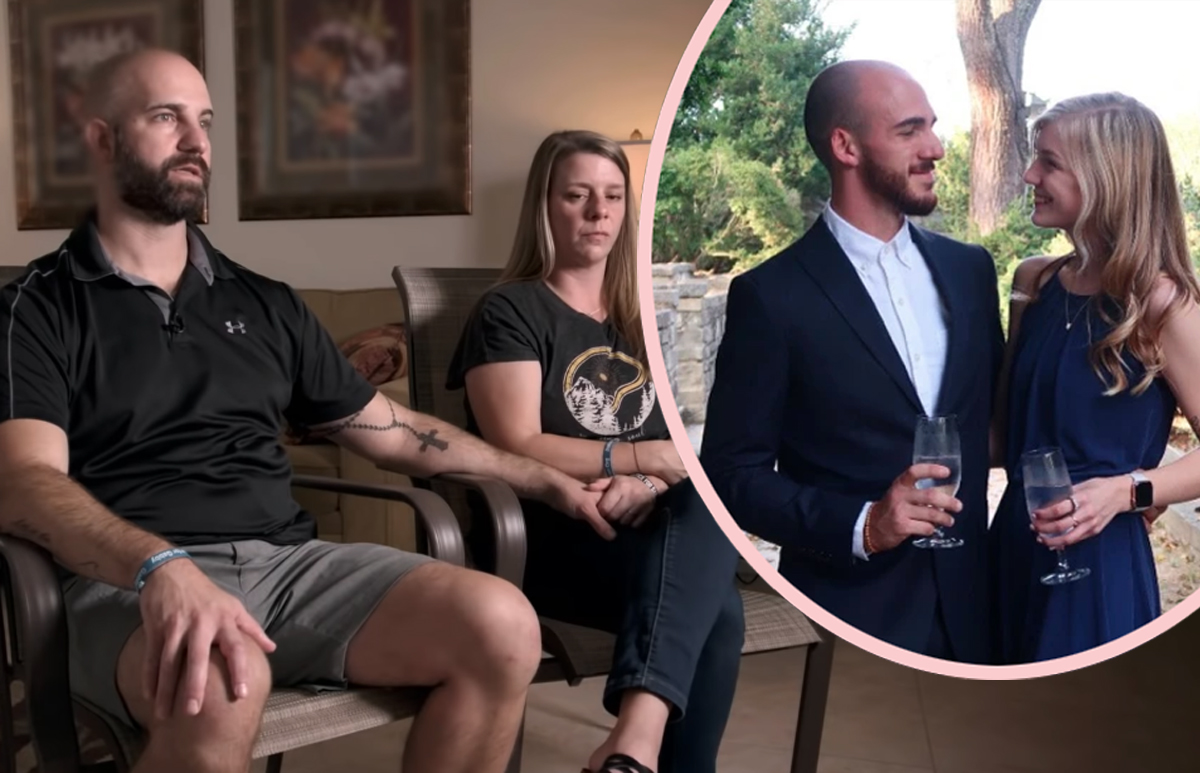#Chances We’re Living in the Real Matrix Are Now 50-50 According to New Science Report

“#Chances We’re Living in the Real Matrix Are Now 50-50 According to New Science Report”
According to the report, astronomer David Kipping used a 2003 paper by Nick Bostrom to discuss the simulation argument, which states that our lived reality is merely a computer simulation run by a higher power. Using Bayesian reasoning, Kipping contends that the odds of our world being a computer simulation become greater than 50-50 the day we prove we can ourselves create a virtual reality for lesser beings like video-game characters.
“The day we invent [virtual] technology, it flips the odds from a little bit better than 50-50 that we are real to almost certainly we are not real, according to these calculations. It’d be a very strange celebration of our genius that day.”
The Matrix film was based on the premise that such a virtual simulation of the living world has already come to pass. In the near future, a powerful group of AI imprisoned all of humanity, and to keep them docile, created an artificial world identical to the real world, where humans spend all their lives dreaming in blissful ignorance. According to Kipping, Bostrom’s paper imagines three specific scenarios in which the world we live in could turn out to be a virtual reality.
“Bostrom imagined a technologically adept civilization that possesses immense computing power and needs a fraction of that power to simulate new realities with conscious beings in them. Given this scenario, his simulation argument showed that at least one proposition in the following trilemma must be true: First, humans almost always go extinct before reaching the simulation-savvy stage. Second, even if humans make it to that stage, they are unlikely to be interested in simulating their own ancestral past. And third, the probability that we are living in a simulation is close to one.”
So how do we go from there being three such scenarios that posit we are living in The Matrix, to the nature of reality being decided by a 50-50 coin toss? Once again, the study turns to Kipping’s method of reasoning to collapse the three scenarios into a two-part, almost equally-likely hypothesis.
“Kipping began by turning the trilemma into a dilemma. He collapsed propositions one and two into a single statement, because in both cases, the final outcome is that there are no simulations. Thus, the dilemma pits a physical hypothesis (there are no simulations) against the simulation hypothesis (there is a base reality-and there are simulations, too). “You just assign a prior probability to each of these models,” Kipping says. “We just assume the principle of indifference, which is the default assumption when you don’t have any data or leanings either way. Each hypothesis gets a prior probability of one half, much as if one were to flip a coin to decide a wager.”
Of course, ultimately, there is no way of saying for certain whether or not we are living inside a simulation. At least not yet. But if ever the time comes when the curtain is peeled back from reality, and all of our existence is proven to be merely a video game on some higher intelligence’s Playstation disc, ’90s geeks can at least have the victory of getting to say “The Matrix did it first.” This news comes from Scienctific American.
For forums sites go to Forum.BuradaBiliyorum.Com
If you want to read more Like this articles, you can visit our Social Media category.




